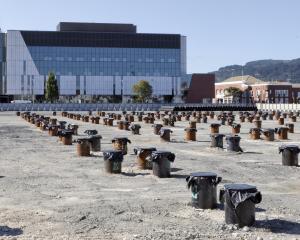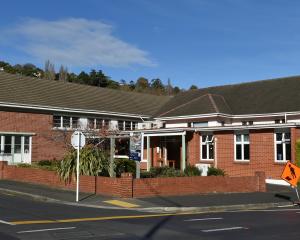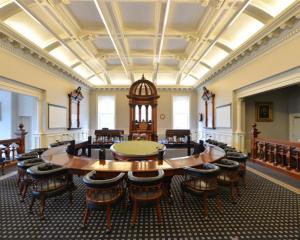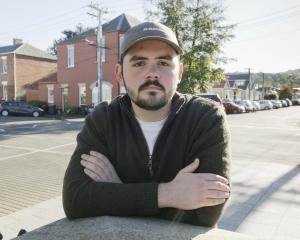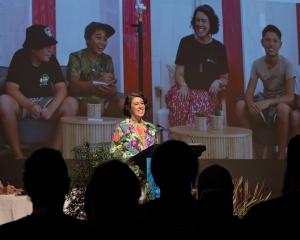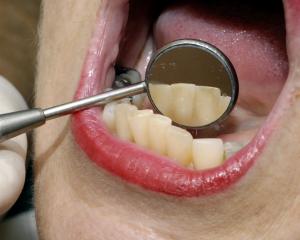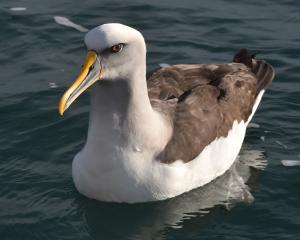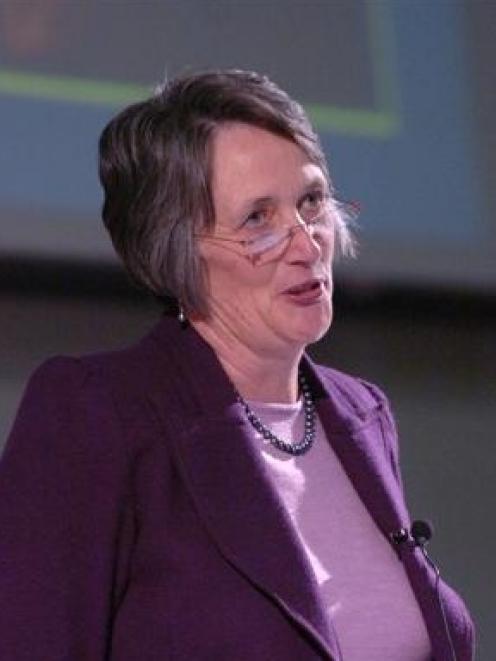
Dr Dewes, who gave the Dunedin Abrahamic Interfaith Group's 2008 Peace Lecture to about 200 people, entitled her 60-minute illustrated talk "Visions of Hope for a Terrorised Planet".
In it, she outlined the growing number of politicians, citizens' groups and people mobilising to end the use of nuclear weapons, and to promote non-violent means to end conflict.
There were encouraging signs more world leaders supported the decommissioning of nuclear weapons, and encouraging signs peace may be brokered in the Middle East, she said.
But there was no room for complacency.
An estimated 2000 nuclear weapons were on hair-trigger alert, with more than 20,000 more stockpiled among nine countries.
Peace activism was such a huge topic, Dr Dewes said it was hard to know what to talk about.
"I knew I wanted to be positive. Because I have lived with the facts [about world peace efforts] for so long, I wanted to leave my audience with a legacy of hope," she told the Otago Daily Times.
People often asked what one person could do to encourage world peace, Dr Dewes said.
"I am a great believer in lots of 'one persons' working with others. When ordinary people get together, something can happen."
She gave the example of the network of citizens' groups which took a case to the International Court of Justice.
In 1996, the court decided the threat or use of nuclear weapons would generally be contrary to the rules of international law applicable to war.
Dr Dewes has been a peace activist for more than 30 years.
Two events in the mid-1970s sparked her "conversion" - listening to a talk by Jeanette Fitzsimons, now the Green Party co-leader, and hearing a piece of music.
"I was teaching music at Epsom Girls Grammar School and one of the study pieces for school certificate music was Threnody to the Victims of Hiroshima.
"I wanted to know who the victims were, so my class ended up reading books about the atomic bomb dropped on Hiroshima and watching slides."
Dr Dewes has become one of New Zealand's leading anti-nuclear campaigners, with her stand culminating last year in her appointment as this country's only representative on the UN Advisory Board on Disarmament Matters.
The board meets twice a year in either Geneva or New York for three days at a time.
It is made up of 19 people and includes ambassadors and representatives of non government organisations.
Dr Dewes said she was independent and did not have to reflect the views of the New Zealand Government.
"I can say what I like."
The board discussed issues such as the abolition of nuclear weapons and the threats from emerging nuclear weapons technology such as nanotechnology.


